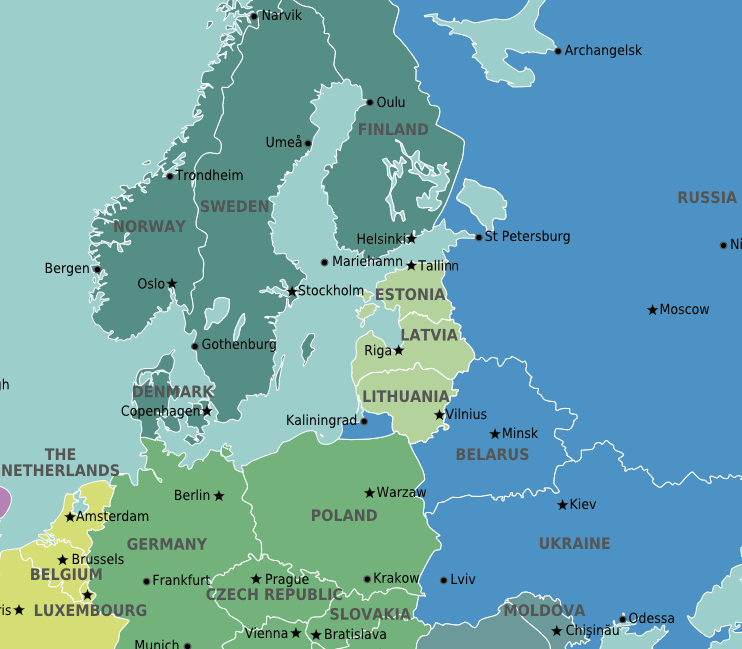
Tallinn, Estonia – The Baltic states of Estonia, Latvia, and Lithuania are constructing a high-speed railway line as a strategic response to perceived threats from Russia. The project, known as Rail Baltica, will connect Tallinn, Riga, Vilnius, and eventually Warsaw, Poland, significantly enhancing regional connectivity and bolstering the Baltic states' security.
According to a recent BBC report, the 870-kilometer railway line will replace the existing, incompatible railway network that was inherited from the Soviet era. The new line will use the standard European gauge, allowing for seamless integration with the European rail network and faster travel times.
The project, initially conceived several years ago, gained renewed urgency following Russia's invasion of Ukraine in 2022. The Baltic states, which share borders with Russia or its exclave of Kaliningrad, have become increasingly wary of their powerful neighbor.
"By seeing Russia's aggression against Ukraine, we started to perceive our neighbor Russia as a threat," said Vladimir Svet, Estonia's minister of infrastructure.
The Rail Baltica project is seen as a lifeline for the Baltic states, which have been working to distance themselves from Russia's sphere of influence since gaining independence. The railway is expected to boost economic development, improve connectivity with Western Europe, and enhance the region's resilience.
"If we want to preserve our culture and feel safe in our freedom, there is no other way than to be inside a strong EU, NATO, and international community that upholds international law," Svet added.
The project is divided into two phases. The first phase, scheduled for completion by 2030, involves constructing a single-track railway line and major stations. The second phase, which will involve building additional tracks and stations, has not yet been fully defined.
While the project is expected to generate substantial economic benefits, estimated at €66 billion, it has also faced challenges, including rising costs. The total project cost has now reached approximately €240 billion.
To address these challenges, the Estonian government is exploring ways to reduce costs, such as streamlining public procurement processes and seeking additional financing.
The Rail Baltica project is a significant undertaking that will have far-reaching implications for the Baltic region. By enhancing connectivity and strengthening ties with Western Europe, the railway is expected to contribute to the region's economic growth, security, and resilience.
[Copyright (c) Global Economic Times. All Rights Reserved.]




























